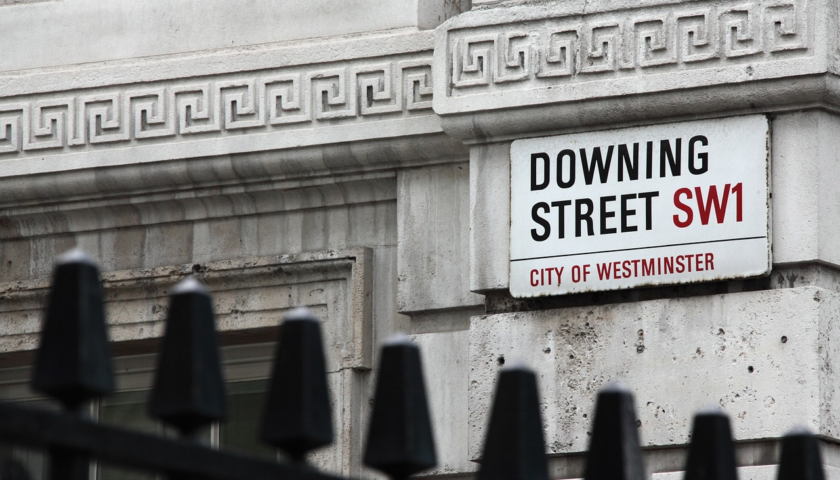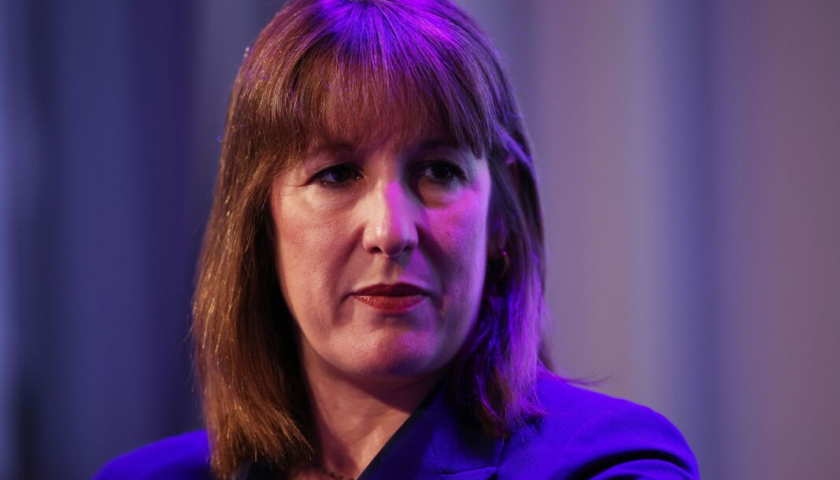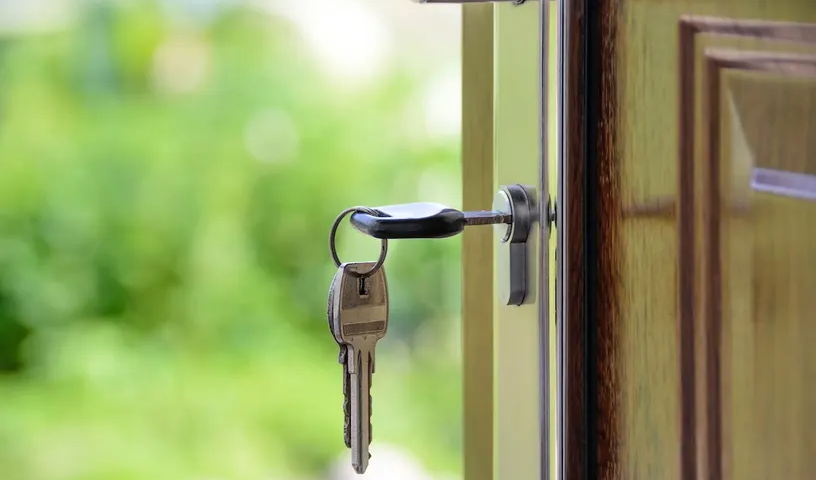HMRC brought in a record £107m from compliance activity targeting landlords in 2024/25.
According to a Freedom of Information (FOI) request from Price Bailey, this is in line with the previous year but significantly higher than £65.4m in 2022/23.
The report added that HMRC recovered £13,713 in tax per disclosure in 2024/25, by far the highest amount since the campaign’s inception, up from £9,505 in the prior year.
Since the Let Property Campaign was launched by HMRC in 2013, around £570m has been brought in from UK residential landlords.
The campaign is aimed at landlords who owe tax through letting out a residential property in the UK or abroad. Landlords can report previously undisclosed taxes on rental income to HMRC if they are an individual landlord renting out residential property.
This includes those renting out single or multiple properties, renting out a room in the main home that surpasses the Rent a Room Scheme threshold, holiday let, those who live abroad or intend to live abroad for more than six months and rent out a property, and those who are inheriting a property and renting it out.
The Ministry of Housing, Communities and Local Government’s most recent statistics showed there were about 2.2 million UK private landlords in the first quarter of 2024. There have been 100,332 disclosures so far under the Let Property Campaign, making up 4% of the total population of UK landlords.
Price Bailey said the numbers show that HMRC “will be able to identify thousands more undisclosed landlords every year for many years to come”.
It added that landlords often make little or no economic profit but can “often genuinely fail to realise that they have taxable profits to disclose”.
Andrew Park, tax investigations partner at Price Bailey, said: “We’ve assisted large numbers of landlords in making voluntary disclosures over the last few years – typically, after they’ve received an HMRC nudge letter.
“They are often accidental landlords who kept a property after moving to cohabit with a new partner, inherited a property or temporarily moved abroad. Many are not financially sophisticated or in receipt of high levels of other income, haven’t properly understood their responsibilities and haven’t previously sought advice.”
He added: “It is very easy for landlords to get caught in the ‘phantom profit’ tax trap. Since the phased withdrawal of mortgage interest relief, landlords have faced a fundamental mismatch between economic and taxable profit. Many landlords now appear profitable on paper, but only because tax law ignores the full cost of debt servicing. This creates a ‘phantom profit’ effect: landlords owe tax on income they never truly received, pushing them into arrears or triggering compliance failures.”
Park said there was “widespread confusion” about different tax treatments of capital expenditure and revenue expenditure.
“Capital expenditure, such as installing a significantly upgraded kitchen, is not deductible against letting income, whereas repair and maintenance of an existing kitchen or a like-for-like replacement is deductible. That distinction can be grey around the edges and trips a lot of landlords up,” he noted.
Tax changes will ‘further complicate’ landlord compliance
Price Bailey said recent and upcoming tax changes would “further complicate compliance for landlords”, especially those without professional advice or digital systems.
Changes include the introduction of Making Tax Digital for income tax, which will require landlords to make quarterly submissions through HMRC-compliant software from April 2026.
Other changes include the reduction in the annual capital gains tax (CGT) exemption to £3,000 from April 2024 and higher rates applying to disposals after October 2024.
The shift towards limited company structures will also make “tax planning more complex”, especially around how profits are extracted.
“More frequent reporting, reduced allowances and the growing complexity of relief rules are all making compliance more challenging for landlords,” Park said.
Price Bailey urged landlords to review their tax affairs, especially if they have never sought advice or assumed no tax is due.
Contact one of our highly experienced mortgage advisors today on 0121 500 6316 to discuss your mortgage needs.



